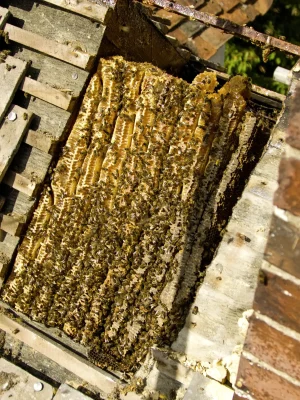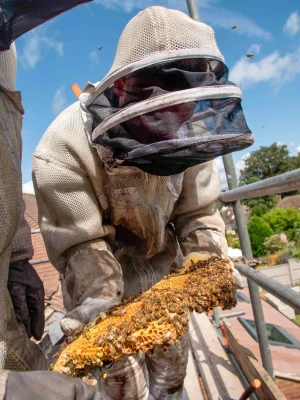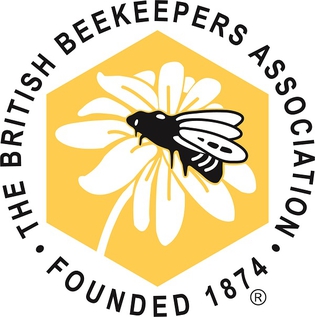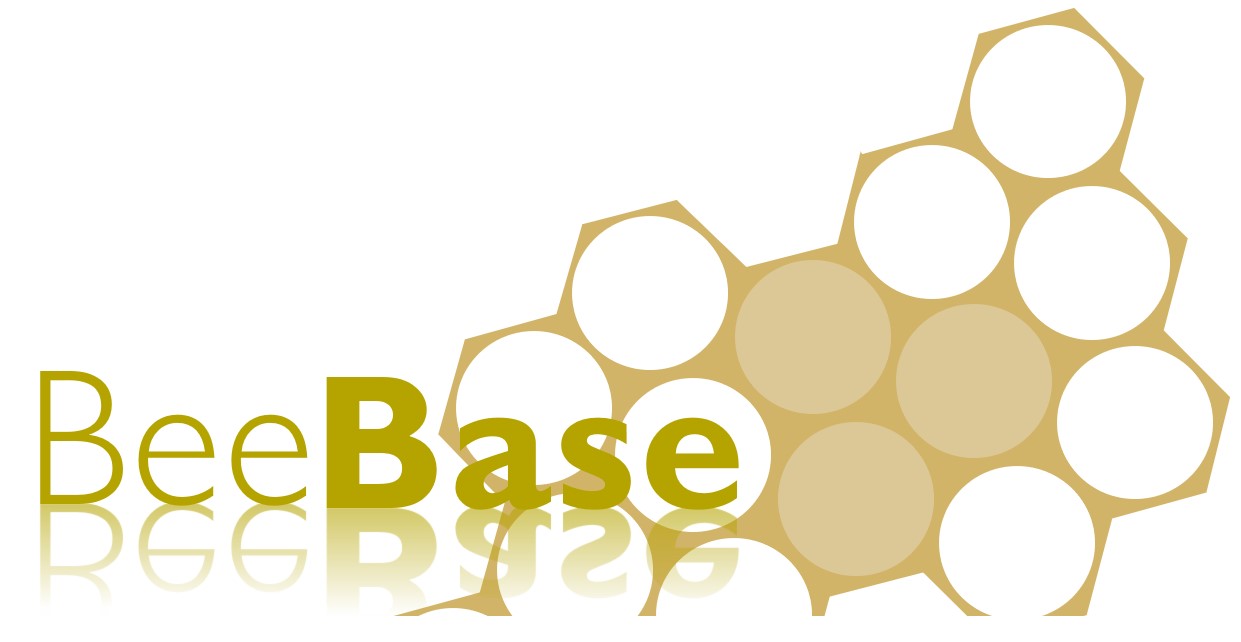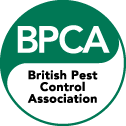SAVEBEES.co.uk

YOU CAN HELP US SAVE HONEYBEES
You can make a difference
Do you have bees that need removing?
SETTING SAFE STANDARDS IN LIVE HONEYBEE RESCUE
COMMITMENT TO SAFETY
British Bee Removers Association is committed to saving bees by setting ethical and safe industry standards of live bee removal through the sharing of knowledge, research and development.
ETHICAL AND SAFE RELOCATIONS
The British Removers Association (BBRA) dedicates itself to the ethical and safe relocation of honey bee colonies. It serves both professionals involved in bee removal and the public who need assistance with established bee colonies.
BEE HEALTH
The BBRA focuses on advancing methods and techniques for bee health and welfare, emphasizing research and development to enhance practices during and after bee removal and relocation.
Bees are responsible for pollinating a significant portion of the world’s food crops. While the exact percentage can vary depending on the type of crop and region, it’s estimated that about one-third of the food we consume each day relies on pollination mainly by bees. This includes a large variety of fruits, vegetables, nuts, and even some crops used for livestock feed.
